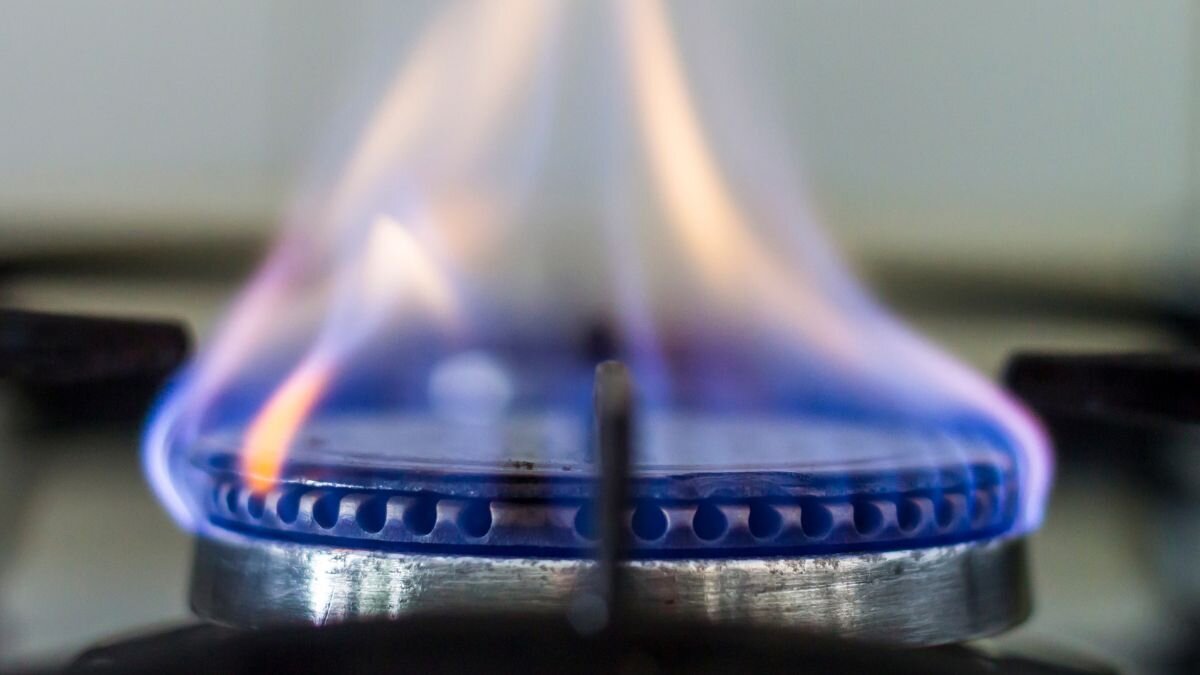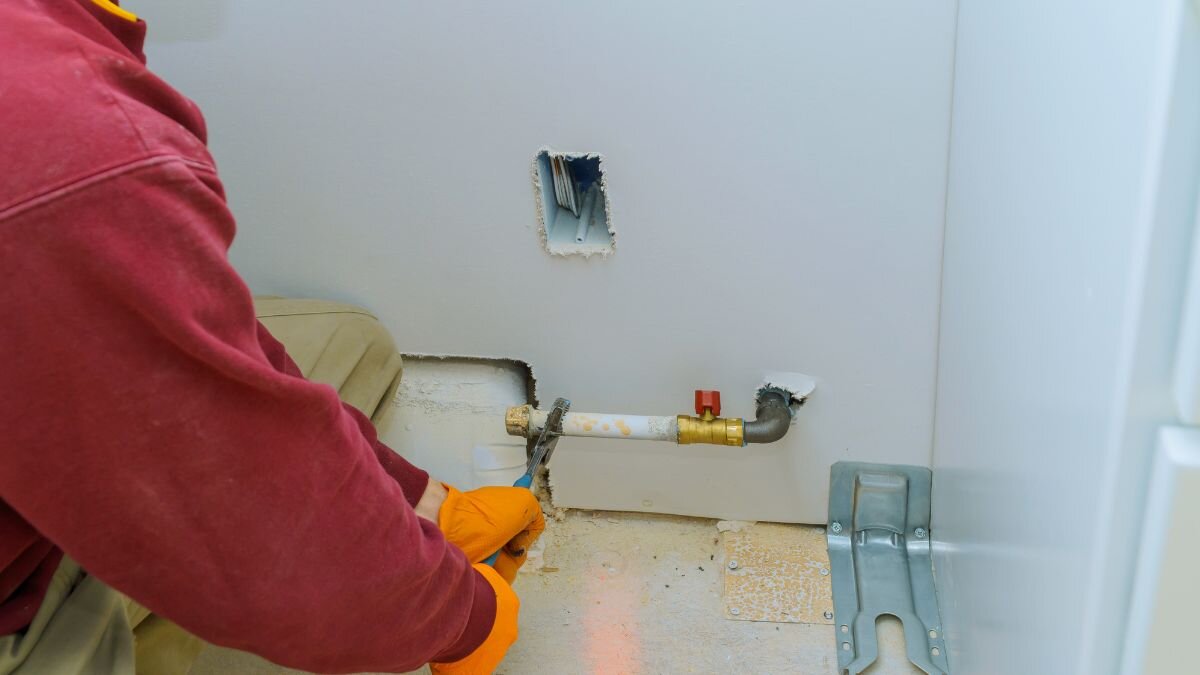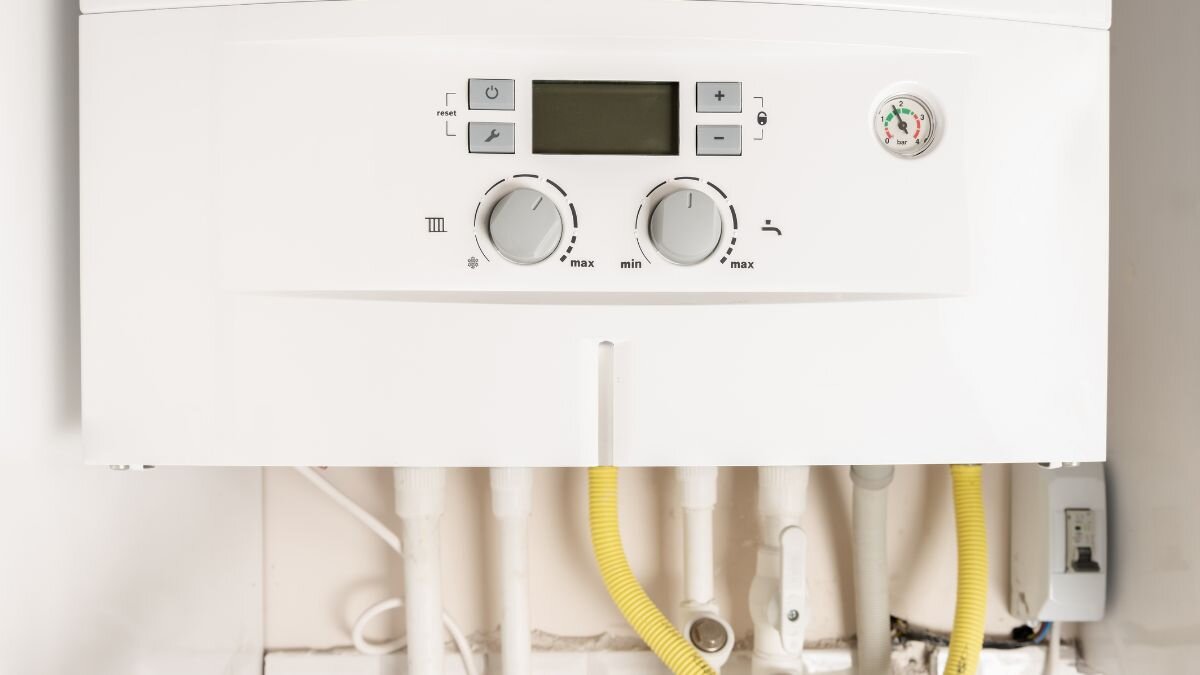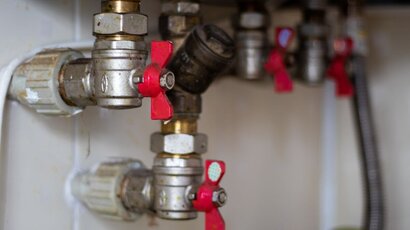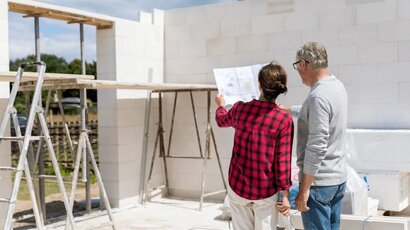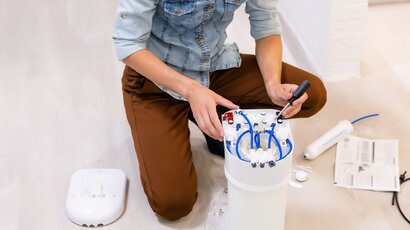Gas appliances are a staple in many homes, providing warmth, hot water, and the ability to cook meals. However, what often goes unnoticed are the potential dangers lurking within these seemingly ordinary household items. A recent study published in the Australian Journal of General Practice revealed a startling statistic: gas stove use contributes to a significant portion of childhood asthma cases in the country. This underscores the critical importance of understanding and prioritising gas appliance safety.
This article takes a closer look at the hidden risks tied to gas appliances and helps readers gain the crucial knowledge needed to shield themselves and their loved ones. By the time you finish reading, you’ll understand the possible dangers, learn practical safety tips, and find out ways to reduce these risks.
Understanding Common Gas Appliances
Gas appliances are common in homes, offering convenience and efficiency. Gas heaters and stoves are popular gas appliances, providing quick and controlled heating. Water heaters and central heating units are crucial gas heating appliances, ensuring warm water and comfortable living spaces. Outdoor gas appliances, like barbecues, are also widely used.
Gas safety is paramount. Regular servicing and mandatory gas safety checks, conducted by a licensed or registered gasfitter, help prevent carbon monoxide poisoning. Carbon monoxide leakage can result from inadequate ventilation or faulty gas installations. Open-flue gas heaters, gas space heaters, and open-flued heaters require carbon monoxide spillage testing to avoid accidental carbon monoxide poisoning.
Energy Safe Victoria and the Victorian Building Authority emphasise compliance with safety standards. Carbon monoxide alarms, regular servicing, and adequate ventilation are essential. Master Plumbers and licensed electricians play a role in ensuring gas safety. Rental properties must adhere to new regulations, ensuring gas installations are safe and compliant with Australian standards.
Basic Safety Precautions
![]()
Reading the Manual
Utilising gas appliances with care is vital to dodging mishaps and keeping your home safe. Begin by going through the manual for each appliance to grasp its unique safety features and requirements.
Proper Installation
Proper gas installation by a licensed gas fitter or a registered gasfitter is essential. Ensure that the gas components are correctly fitted to avoid gas leaks and other potential health risks.
Regular Safety Checks
Regular gas safety checks and appliance servicing by a qualified gasfitter can prevent carbon monoxide leaks. Energy Safe Victoria recommends installing carbon monoxide alarms and conducting regular carbon monoxide tests, especially for open-flow gas heaters.
Ensuring Adequate Ventilation
Adequate ventilation, including the use of exhaust fans and bathroom fans, helps prevent a negative pressure environment that can draw carbon monoxide into living areas.
Placement and Restraint
Ensure gas space heaters and other gas heating appliances are kept away from combustible surfaces. Space heaters and other gas appliances should be adequately restrained and placed in well-ventilated living spaces.
Outdoor Safety and Compliance
When dealing with outdoor appliances, handle LPG cylinders with care to avoid any mishaps. Always stick to the compliance certificates and safety standards that Energy Safe Victoria sets out.
Adhering to Regulations
Residential tenancies must adhere to new regulations, requiring regular gas servicing work and safety checks. Engaging a licensed electrician for any electrical work related to gas appliances is also important.
Further Information
For further information on gas safety, consult the relevant authorities and ensure all installations are safe and compliant with Australian standards.
Regular Maintenance and Inspection
Regular maintenance checks for gas appliances are essential to ensure gas safety and prevent carbon monoxide poisoning. Homeowners should schedule routine inspections by a registered or licensed gasfitter to keep their gas heaters and associated gas components in optimal condition.
![]()
Checklist for Homeowners
Check for Leaks
Regularly inspect all gas appliances for any signs of a gas leak. A qualified gasfitter can perform a thorough gas safety check.
Proper Flame Colour
Ensure the flame in gas heaters and gas space heaters is blue. A yellow or orange flame can indicate incomplete combustion and the presence of carbon monoxide.
Clean Regularly
Keep gas appliances clean and free from dust and debris. This includes cleaning the filters in space heaters and extraction fans.
Carbon Monoxide Alarm
Install a carbon monoxide alarm in areas with gas appliances and test it regularly to ensure it is functioning correctly.
Ventilation
Ensure adequate ventilation by using bathroom fans and extraction fans to avoid negative pressure, which can draw carbon monoxide into living spaces.
Professional Servicing
Have a licensed gasfitter perform routine servicing-type checks, including carbon monoxide tests, to ensure all gas components are functioning safely.
Residential Tenancies Compliance
Landlords must ensure gas installations are safe and comply with regulations, including providing a gas safety check for residential tenancies.
Keeping up with regular maintenance and inspections doesn’t just boost the energy efficiency of your gas appliances; it also plays a big role in cutting down the risk of severe injuries due to carbon monoxide. Always double-check the registration number of your gas fitter to make sure they’re qualified for the necessary checks and servicing.
Identifying Gas Leaks
Identifying signs of a gas leak early can prevent serious safety hazards. Natural gas is odourless, but manufacturers add a distinctive rotten egg smell to help detect leaks. Additionally, listen for hissing or whistling sounds near gas appliances, such as gas space heaters or an open-flued gas heater, which may indicate a leak.
Look out for visual cues like damaged gas lines or connections. If you notice plants near a gas installation looking unhealthy or spot a yellow flame instead of the usual blue in your gas heater, these could be warning signs.
Steps to Take if a Gas Leak is Suspected
- Turn Off Gas Appliances: Immediately turn off all gas space heaters, gas heaters, and other gas appliances.
- Ventilate the Area: Open windows and doors to allow fresh air to carry oxygen into the space and help disperse the gas. Use a bathroom fan if available.
- Do Not Use Electrical Devices: Avoid using any electrical devices, including light switches and mobile phones, to prevent sparks.
- Evacuate the Area: Safely evacuate everyone from the premises to an open space, maintaining a safe distance from the source of the leak.
- Call for Help: Once outside, contact emergency services and your gas provider to report the leak.
- Do Not Re-Enter Until Safe: Do not re-enter the building until a professional has conducted a thorough carbon monoxide test and confirmed the installation is safe.
Regular inspections and maintenance by a qualified gas fitter ensure your gas installations remain safe and efficient, reducing the risk of leaks.
Safe Use of Specific Appliances
Using gas appliances safely is crucial for preventing accidents and ensuring a safe home environment. Here are detailed safety tips for gas stoves, heaters, and water heaters.
Gas Stoves
- Proper Ventilation: Ensure your kitchen is well-ventilated when using a gas stove. Open windows or use an exhaust fan to disperse fumes.
- Never Leave Unattended: Always keep an eye on the stove while cooking to prevent fires or gas leaks.
- Clean Regularly: Keep the burners and stove surface clean to ensure efficient operation and reduce fire risk.
- Use Cookware Appropriately: Use pots and pans that cover the flames to avoid wasting gas and ensure even cooking.
Gas Heaters
- Proper Installation: Ensure your gas heater is installed by a licensed professional. Regular maintenance checks are essential to keep the installation safe.
- Venting for Open-Flued Gas Heaters: Open-flued gas heaters should be properly vented to the outside to prevent carbon monoxide build-up.
- Clear Space: Keep flammable materials away from the gas heater to prevent accidental fires.
- Regular Checks: Have your gas heater checked regularly for any signs of wear or damage. Ensure the flame is blue, indicating complete combustion.
- Carbon Monoxide Alarm: Install a carbon monoxide alarm near the gas heater to detect any leaks.
Water Heaters
- Temperature Settings: Set the temperature to a safe level, usually around 50-60°C, to prevent scalding and save energy.
- Regular Maintenance: Schedule regular maintenance to check for leaks or corrosion.
- Proper Ventilation: Like all gas appliances, ensure your water heater has proper ventilation to avoid carbon monoxide build-up.
- Installation: Ensure the water heater installation is safe and complies with all local regulations.
Following these safety tips and making sure your gas appliances are well-maintained and ventilated helps greatly in cutting down the risk of accidents, keeping your home environment safe and sound.
![]()
Safety First: Your Go-To Guide
Safe use of gas appliances is crucial for preventing accidents and ensuring a healthy living environment. Proper installation, regular maintenance, and adequate ventilation are essential to avoid hazards such as gas leaks and carbon monoxide poisoning. Whether it’s a gas heater, an open-flued gas appliance, or a water heater, ensuring these appliances are in good working order and installed correctly can significantly reduce the risk of serious injury. Regular checks, cleaning, and keeping flammable materials away from gas appliances are simple yet effective practices to maintain safety in your home.
Implementing these safety tips can help protect your household from potential dangers associated with gas appliances. For expert advice and professional gas fitting services, contact WP Plumbing. Our team of licensed professionals ensures every gas installation is safe and compliant with Australian standards. Don’t wait until it’s too late—schedule a maintenance check or a new installation today and secure the safety of your home. Reach out to WP Plumbing for reliable and expert gas fitting services.

